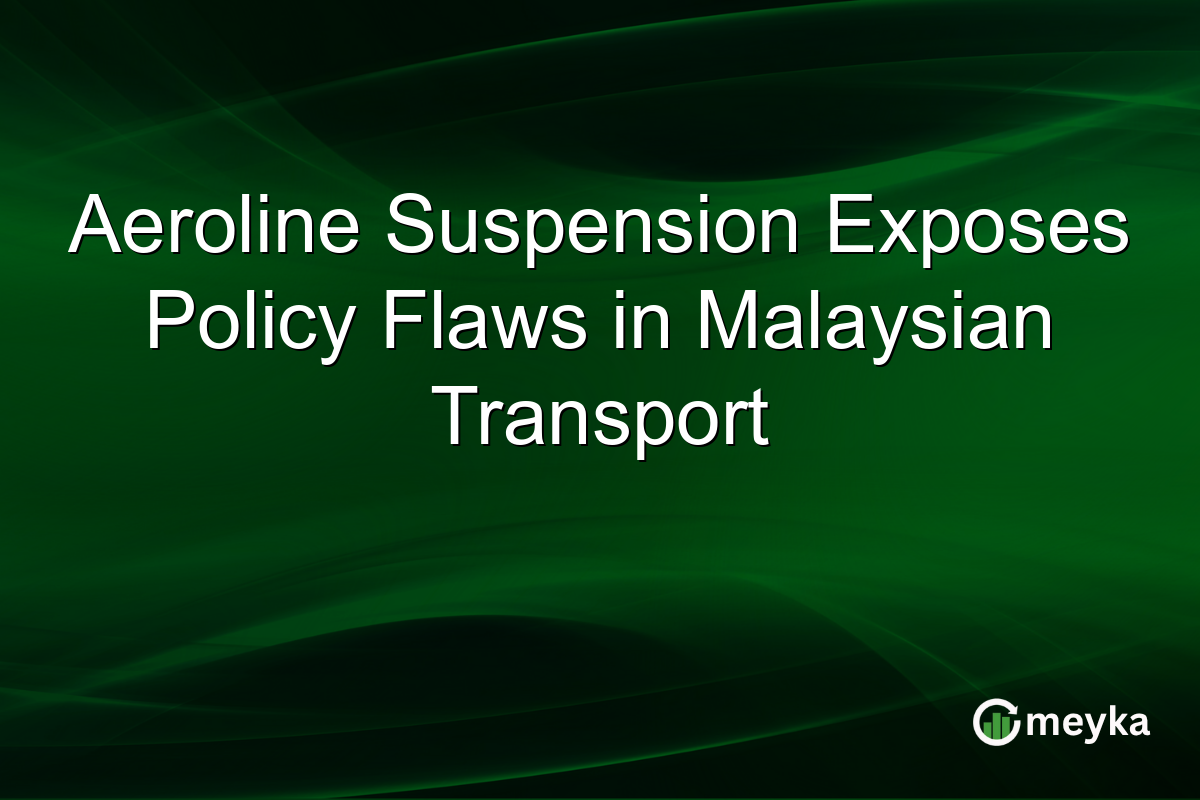Aeroline Suspension Exposes Policy Flaws in Malaysian Transport
The recent temporary halt in Aeroline’s luxury bus services between Singapore and Malaysia has stirred concerns about underlying transportation policy flaws. As a key player in cross-border travel, Aeroline’s suspension not only disrupts commuters but also flags critical weaknesses within Malaysia’s transport system. At a time when seamless travel is crucial for economic ties and tourism, these revelations could not have come at a worse time.
Continue Reading on Meyka
This article is available in full on our main platform. Get access to complete analysis, stock insights, and more.
Read Full Article →





